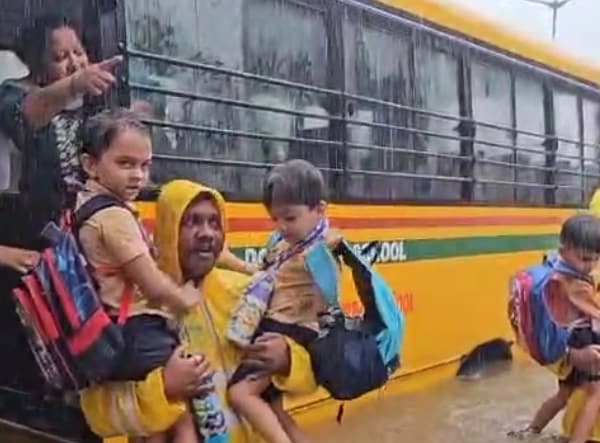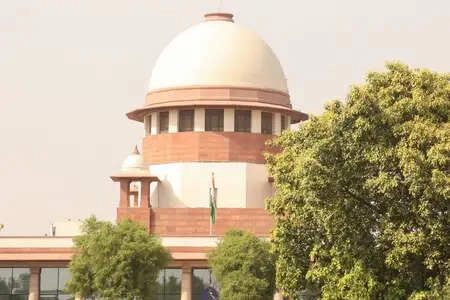As the Bengal polls approach, the Trinamool Congress (TMC) has taken a prominent stance in leading the opposition charge in Parliament. The party, under the leadership of Chief Minister Mamata Banerjee, is strategically positioning itself to galvanize support and rally opposition parties against the ruling Bharatiya Janata Party (BJP). This political maneuvering is particularly crucial as the TMC aims to consolidate its influence in West Bengal, where it has historically enjoyed significant support. The upcoming elections have intensified the political landscape, prompting the TMC to leverage its parliamentary presence to address key issues and mobilize dissent against the central government.
In recent sessions, the TMC has been vocal in raising concerns over various national and regional issues, including economic challenges, social welfare programs, and regional autonomy. By vocally opposing the BJP’s policies and decisions, the TMC seeks to not only strengthen its position in West Bengal but also to unify various opposition factions at the national level. This strategy reflects a broader effort to counter the BJP’s dominance and present a formidable collective front, particularly in light of the BJP’s recent electoral successes in various states. The Trinamool’s approach highlights a critical phase in Indian politics, where regional parties are increasingly asserting themselves in the face of a central government that has often been criticized for its authoritarian tendencies.
As the TMC continues to lead the opposition’s efforts in Parliament, the party is also focused on grassroots mobilization within West Bengal. This dual strategy of parliamentary engagement and local outreach is designed to reinforce the TMC’s narrative and keep the electorate engaged ahead of the polls. By addressing the concerns of ordinary citizens and advocating for their rights, the TMC aims to maintain its stronghold in the state and ensure that the voices of its constituents are heard in the political arena. The coming weeks will be pivotal for the TMC as it seeks to navigate the complexities of coalition politics and electoral strategies, all while maintaining its identity and commitment to the welfare of the people of Bengal.
In summary, as the Bengal polls loom on the horizon, the Trinamool Congress is not just playing a defensive game; it is actively crafting a narrative to challenge the BJP’s hegemony in both Parliament and the electoral field. The party’s leadership is keenly aware of the stakes involved and is mobilizing its resources strategically to ensure that it remains a dominant force in West Bengal politics while fostering a sense of unity among opposition parties at the national level. The outcome of this political contest will undoubtedly shape the future landscape of Indian politics and the role of regional parties within it.




